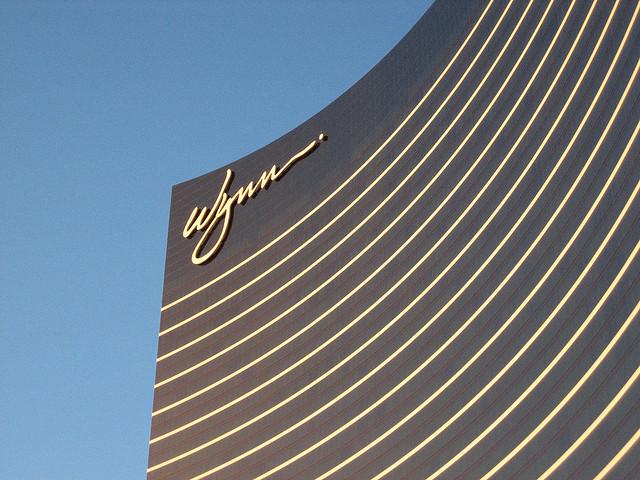By Alexander LaCasse, news correspondent
The crown jewel of the state’s new gambling industry, the highly sought-after Boston area casino license, was awarded by the Commonwealth’s Gaming Commission to a group headed by Steven Wynn of Wynn Casinos last week. A $1.6 billion resort will be built on the north side of the Mystic River in Everett on a plot of land formerly owned by Monsanto.
After battling with the Mohegan Sun Casino, Wynn won over the gaming commission with a bigger development package, more construction investment and the financing to hire more workers.
By a 3-1 vote of the commissioners, Wynn’s development plan outlasted its rival, which had proposed the construction of a Caesars at Suffolk Downs.
Commissioner Chairman Stephen Crosby abstained from the vote due to a possible conflict of interest.
Without the Mohegan Sun, this will likely spell the end for the racetrack that opened back in 1935 and saw legendary horses, such as Seabiscuit, race around the one mile dirt oval in Revere. However, Wynn acknowledged the great effort that Mohegan brought to the fight.
“We believe that a great deal of the resistance and energy that we experienced in some surrounding communities, and especially with Boston, was directly related to the fact that this was a competition,” Wynn said in a Sept. 16 press release. “Having participated in this process for two years, we are mindful of the energy and dedication that the Mohegan Sun group brought to the effort.”
Barring a change of heart on the part of the Commonwealth’s voters on Nov. 4, Massachusetts will go forward with opening three casinos and a slot parlor across the state. What once seemed like a sure bet, legalized gambling has been facing more skepticism among the electorate, according to a recent Boston Globe poll showing 36 percent of the population in favor of repealing the bill.
The Wynn casino proposal had to be modified a number of times to address Mayor Martin J. Walsh’s concern over upset traffic flow going through Charlestown and Everett, according to the gaming commission.
“I think traffic will be an ongoing mess,” Stephen Eisele, campaign spokesman of the Repeal the Casino Deal, said. “Above all, we see casinos as an oversaturation of the market, especially in states bordering Massachusetts who think casinos are a good way of raising revenue.”
While an area casino will add to Boston’s nightlife, a casino economy could also bring added negative externalities in the form of sex trafficking and narcotics.
“Why would [Mayor Walsh] be worried about traffic?” Northeastern economics professor Peter Simon said. “Gambling is just as addictive as alcohol. The mayor should be focusing on efforts in stopping gambling addiction. [Casinos] are not the best way for a state to raise revenue.”
Despite the potential negative aspects of a casino, some students are excited for a revamped Boston.
“It’s cool to know a casino will be relatively close to Boston,” Jarred Marcus, a senior finance and management major, said. “It should be fun to have a casino that is more accessible than Foxwoods or Mohegan. Plus, [Wynn casinos] have some of the best night and day clubs in Las Vegas, so maybe they will bring that to Everett.”
Photo courtesy pingping, Creative Commons









